Russia's Economy Under Putin: A Focus On War
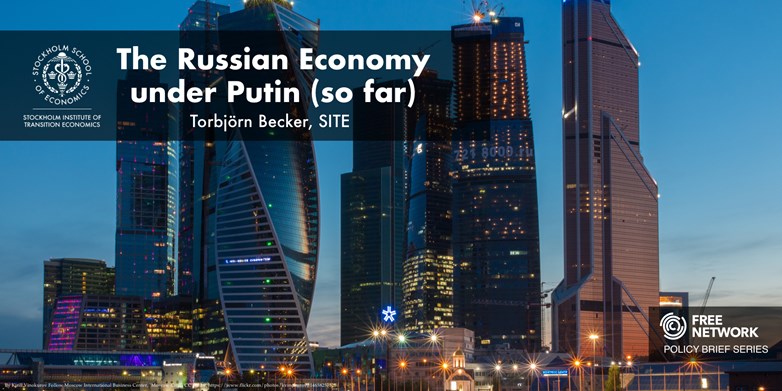
Table of Contents
Sanctions and Their Economic Impact
The West's response to the invasion of Ukraine has included a barrage of unprecedented sanctions targeting Russia's economy. These sanctions have had a multifaceted impact, affecting various sectors and triggering a ripple effect throughout the Russian economy.
Impact on the Energy Sector
Russia's economy is heavily reliant on energy exports, primarily oil and natural gas. Western sanctions targeting these exports have dealt a significant blow to the Russian economy. The impact of sanctions on Russian oil and gas has been substantial.
- Decline in oil and gas revenues: Sanctions have limited access to key markets, reducing demand and consequently, revenue from oil and gas sales. This has severely impacted the Russian budget, forcing the government to re-evaluate its spending priorities.
- Search for new markets (Asia): Russia has been actively seeking new export markets in Asia, particularly China and India, to compensate for reduced sales to Europe. However, developing these new partnerships requires significant investment in infrastructure and faces logistical challenges.
- Diversification challenges: Russia’s overreliance on energy exports has exposed its vulnerability to sanctions. Diversifying its economy away from this dependence is a long-term undertaking requiring significant reforms and investments in other sectors.
- Impact on energy infrastructure investments: Sanctions have also hampered Russia's ability to invest in and upgrade its energy infrastructure, potentially leading to long-term inefficiencies and reduced capacity.
The Russian energy sanctions have created a complex situation, forcing a reevaluation of global energy security and supply chains.
Financial Sector Fallout
The financial sector has been another significant target of sanctions. The impact of sanctions on Russian banks has been profound, leading to instability and limitations on Russia's access to global financial markets.
- Exclusion from SWIFT: The exclusion of several major Russian banks from the SWIFT international payment system has severely hampered their ability to conduct international transactions.
- Limitations on international transactions: Sanctions have made it significantly more difficult for Russian businesses and individuals to engage in international trade and investment.
- Inflation rates: Sanctions and reduced access to global markets have contributed to significant inflation in Russia, eroding purchasing power for citizens.
- Devaluation of the ruble: The ruble has experienced significant volatility and devaluation against major currencies, impacting both domestic and international trade.
- Foreign investment exodus: The uncertainty created by sanctions has led to a significant exodus of foreign investment from Russia.
Understanding the Russian financial sanctions and their ripple effects are vital to grasping the broader economic picture.
Impact on Imports and Supply Chains
The sanctions have also caused severe disruptions to international trade, creating shortages of imported goods and impacting Russian consumers and businesses.
- Shortages of imported goods: The disruption of supply chains has led to shortages of essential goods, impacting the availability of both consumer goods and industrial components.
- Rise in domestic prices: Supply chain disruptions and reduced access to imports have caused significant price increases for many goods and services, further fueling inflation.
- Challenges in accessing technology and spare parts: Sanctions have limited Russia's access to crucial technologies and spare parts, hindering its industrial capacity and economic growth.
- Development of import substitution strategies: In response to these challenges, Russia has accelerated its efforts to develop import substitution strategies, aiming to reduce its reliance on foreign goods and technologies.
The impact of sanctions on Russian imports represents a significant challenge to the economy's ability to recover. The development of effective import substitution is key to future economic resilience.
Government Response and Economic Adjustments
The Russian government has implemented various measures to mitigate the economic fallout from sanctions.
Fiscal and Monetary Policy Measures
In response to the economic crisis, the Russian government has employed a range of fiscal and monetary policy tools.
- Increased government spending: The government has increased spending in certain sectors to stimulate the economy and provide social support.
- Interest rate hikes: The Central Bank of Russia has raised interest rates to combat inflation, although this has also slowed economic growth.
- Ruble support measures: The government has undertaken measures to support the ruble, including limiting currency conversions and foreign exchange transactions.
- Budget deficits: The economic downturn has led to significant budget deficits as revenue falls short of government spending.
- Nationalization of assets: The government has increased its control over certain sectors through the nationalization of assets.
The effectiveness of these Russian monetary policy and fiscal policy responses remains a subject of ongoing debate.
Shifting Economic Partnerships
Russia is actively pursuing closer economic ties with countries like China and India, seeking to reduce its dependence on Western markets.
- Increased trade with BRICS nations: Russia has been strengthening its economic relationships with other BRICS nations (Brazil, India, China, South Africa) to diversify its trade partnerships.
- Investments from China: China has become a significant investor in the Russian economy, although concerns remain about potential exploitation and unequal partnerships.
- Reliance on alternative payment systems: To bypass Western sanctions, Russia is increasingly relying on alternative payment systems like the Chinese CIPS.
- Challenges of diversifying trade partners: While developing new trade partners is crucial, it is a complex and time-consuming process that faces various logistical and political challenges.
Russia-China economic relations and the broader BRICS cooperation are crucial elements in shaping Russia's economic future.
Long-Term Economic Outlook for Russia
The long-term economic outlook for Russia remains highly uncertain, contingent on several key factors.
Potential for Economic Recovery
Several factors will determine Russia's potential for economic recovery.
- Dependence on commodity prices: The Russian economy remains heavily reliant on commodity exports, making it vulnerable to fluctuations in global commodity prices.
- Impact of long-term sanctions: The duration and intensity of sanctions will significantly influence the pace and extent of economic recovery.
- Potential for technological stagnation: Limited access to advanced technologies could hinder innovation and long-term economic growth.
- Human capital flight: The outflow of skilled professionals and entrepreneurs is likely to have a negative impact on the economy's productivity and dynamism.
The long-term outlook for the Russian economy hinges on its ability to diversify and adapt to the new geopolitical reality.
Social and Political Consequences
The economic hardship brought on by sanctions and the war has significant social and political implications.
- Inflation: High inflation erodes purchasing power, leading to increased poverty and social unrest.
- Poverty rates: The economic downturn is likely to lead to a rise in poverty rates, particularly among vulnerable populations.
- Public opinion: Economic hardship is likely to influence public opinion and potentially lead to increased discontent with the government.
- Social unrest: Rising poverty and economic hardship could trigger social unrest and protests.
- Impact on Putin’s regime: The long-term economic consequences of the war and sanctions could pose a significant challenge to the stability of Putin's regime.
The interplay between economic hardship and political stability is a crucial aspect of understanding Russia's future.
Conclusion
The war in Ukraine has dealt a severe blow to Russia's economy, impacting various sectors and triggering significant government responses. Sanctions, while intended to cripple the Russian economy, have also spurred efforts toward economic diversification and the forging of new partnerships. The long-term outlook remains uncertain, with the potential for both recovery and prolonged economic hardship. Understanding the complexities of Russia's economy under Putin and the ongoing war is crucial for navigating the evolving geopolitical landscape. Further research into Russia's economy under Putin and its adaptation strategies is needed to fully grasp the lasting consequences of this conflict.

Featured Posts
-
 Eurovision Song Contest 2025 Artist Lineup Revealed
May 29, 2025
Eurovision Song Contest 2025 Artist Lineup Revealed
May 29, 2025 -
 Why Joan Mir Wasnt Happy Despite His Strongest Moto Gp Finish Since India 2023
May 29, 2025
Why Joan Mir Wasnt Happy Despite His Strongest Moto Gp Finish Since India 2023
May 29, 2025 -
 Grandmas Loving Nickname For Morgan Wallen
May 29, 2025
Grandmas Loving Nickname For Morgan Wallen
May 29, 2025 -
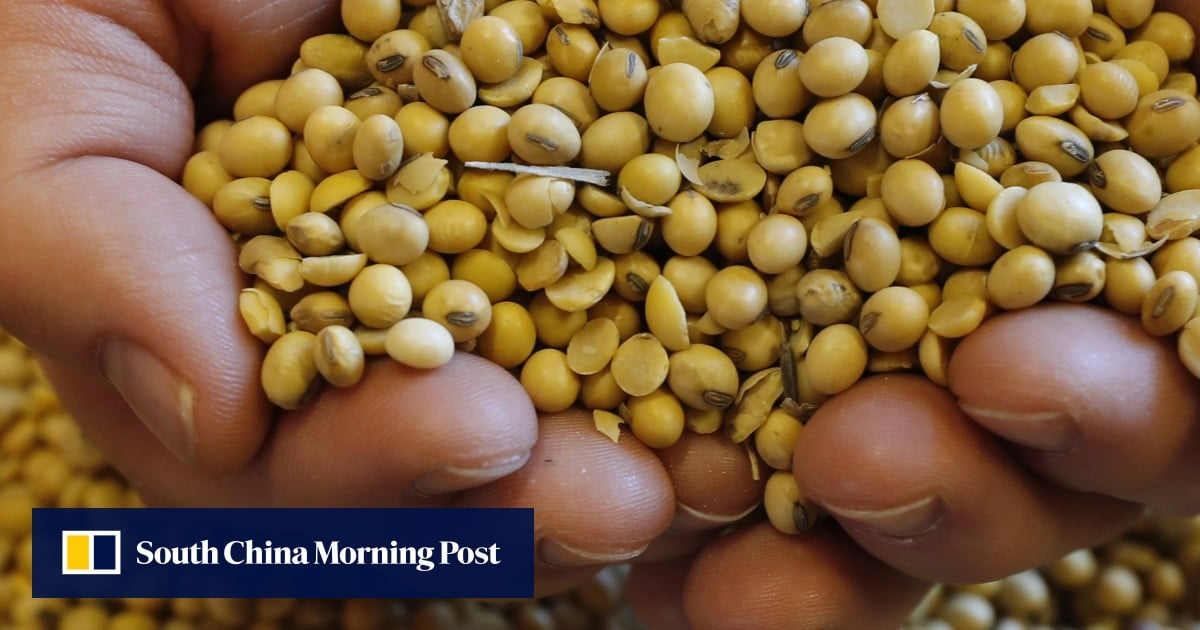 China Soybean Market Sinograins Auction And Its Impact On Supply
May 29, 2025
China Soybean Market Sinograins Auction And Its Impact On Supply
May 29, 2025 -
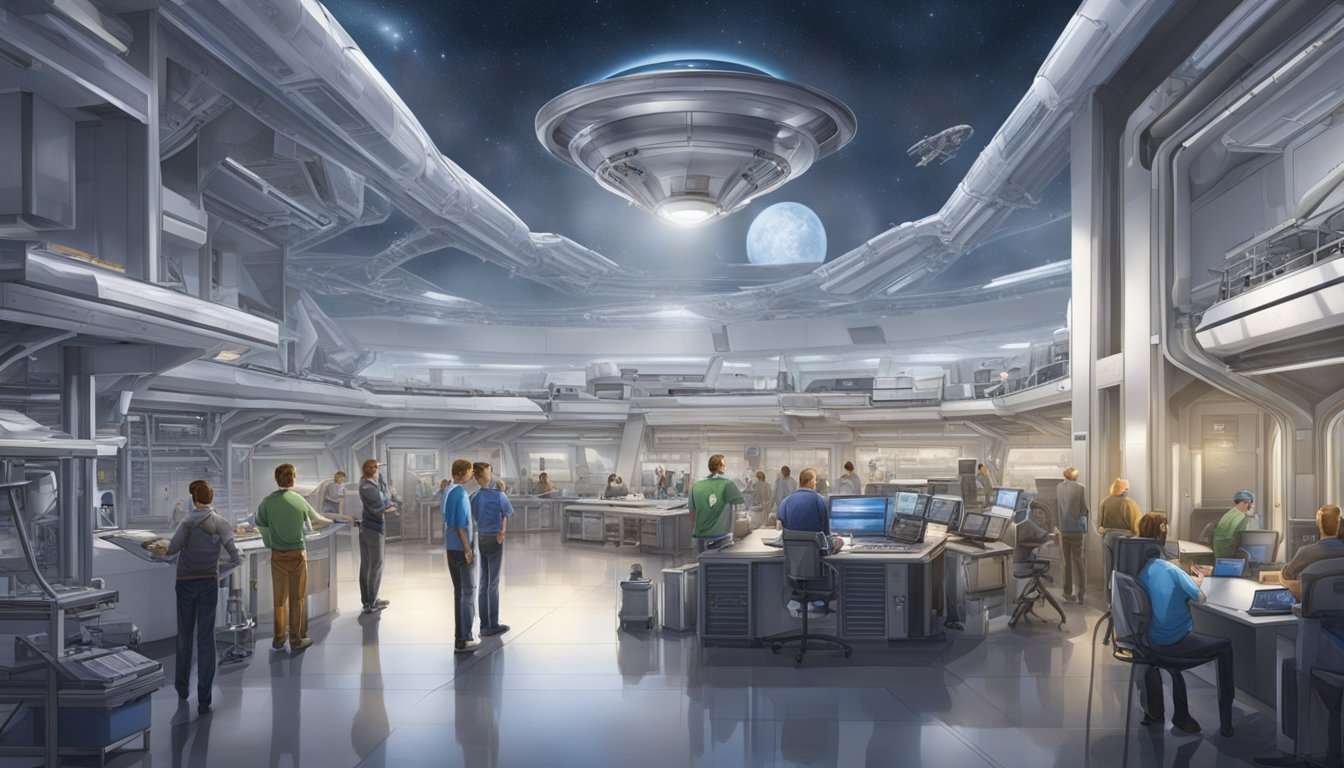 The Official Launch Of Starbase City Musks Texas Ambitions Realized
May 29, 2025
The Official Launch Of Starbase City Musks Texas Ambitions Realized
May 29, 2025
Latest Posts
-
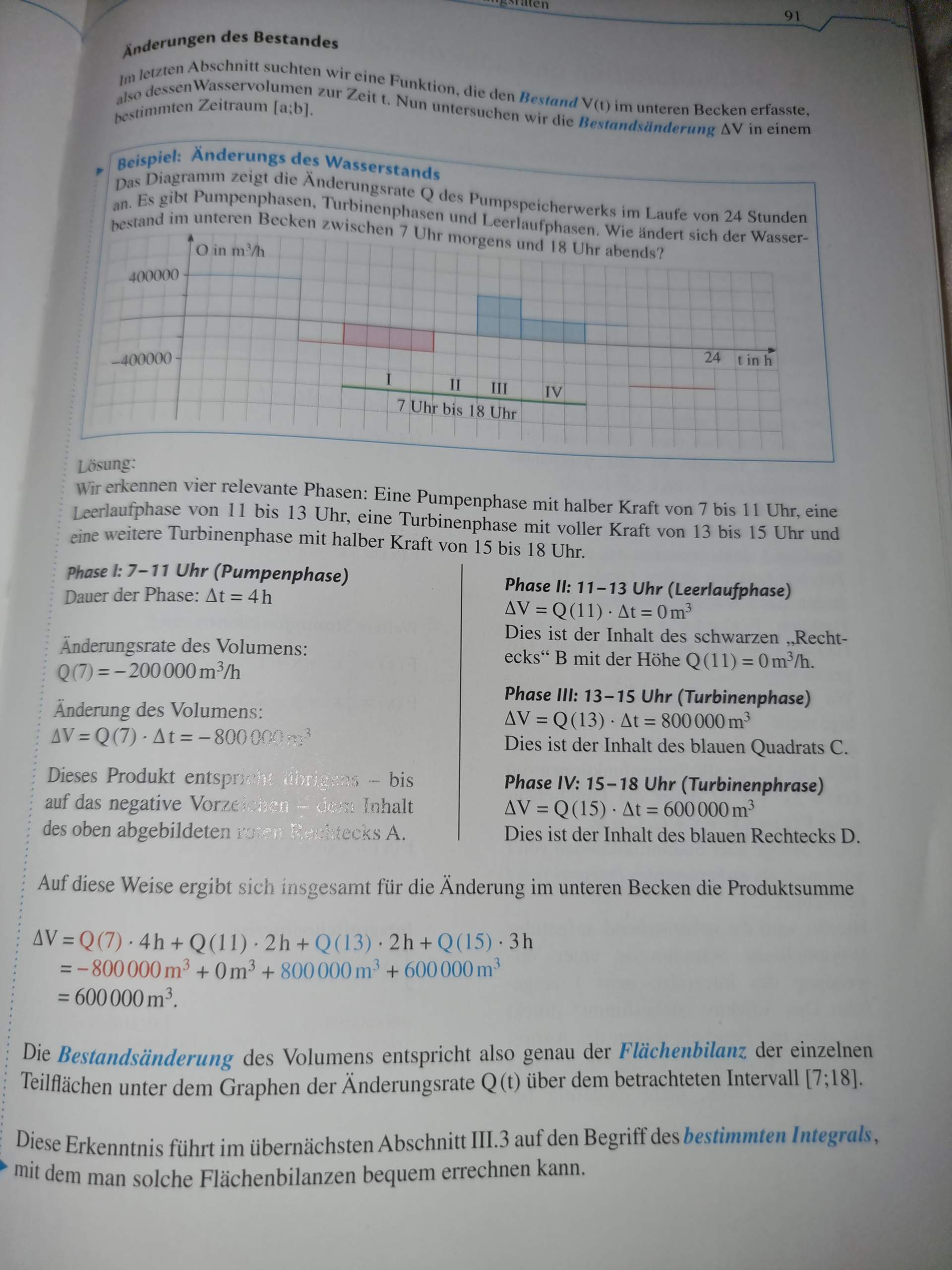 Aktuelle Entwicklung Des Bodensee Wasserstands Anstieg Oder Rueckgang
May 31, 2025
Aktuelle Entwicklung Des Bodensee Wasserstands Anstieg Oder Rueckgang
May 31, 2025 -
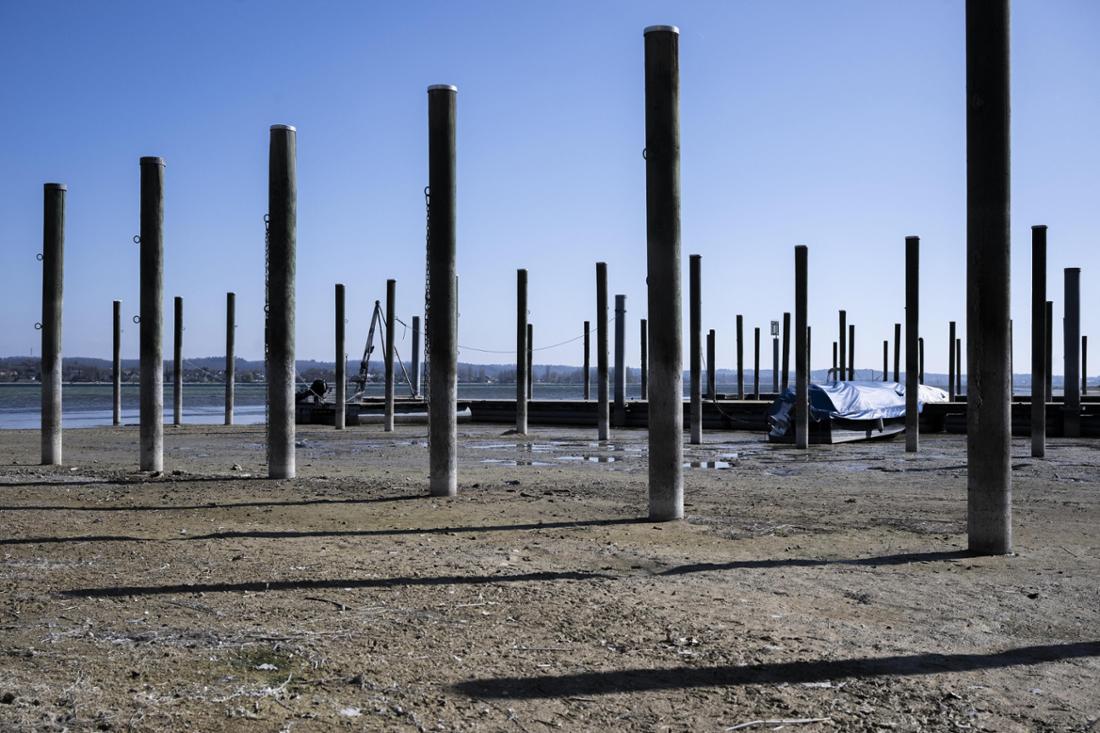 Bodensee Wasserstand Aktuelle Entwicklung Und Zukuenftige Aussichten
May 31, 2025
Bodensee Wasserstand Aktuelle Entwicklung Und Zukuenftige Aussichten
May 31, 2025 -
 Steigt Der Wasserstand Des Bodensees Aktuelle Pegelstaende Und Prognosen
May 31, 2025
Steigt Der Wasserstand Des Bodensees Aktuelle Pegelstaende Und Prognosen
May 31, 2025 -
 Sanofis Respiratory Pipeline Update Asthma And Copd Focus
May 31, 2025
Sanofis Respiratory Pipeline Update Asthma And Copd Focus
May 31, 2025 -
 New Data And Clinical Trial Plans Sanofis Progress In Respiratory Diseases
May 31, 2025
New Data And Clinical Trial Plans Sanofis Progress In Respiratory Diseases
May 31, 2025
